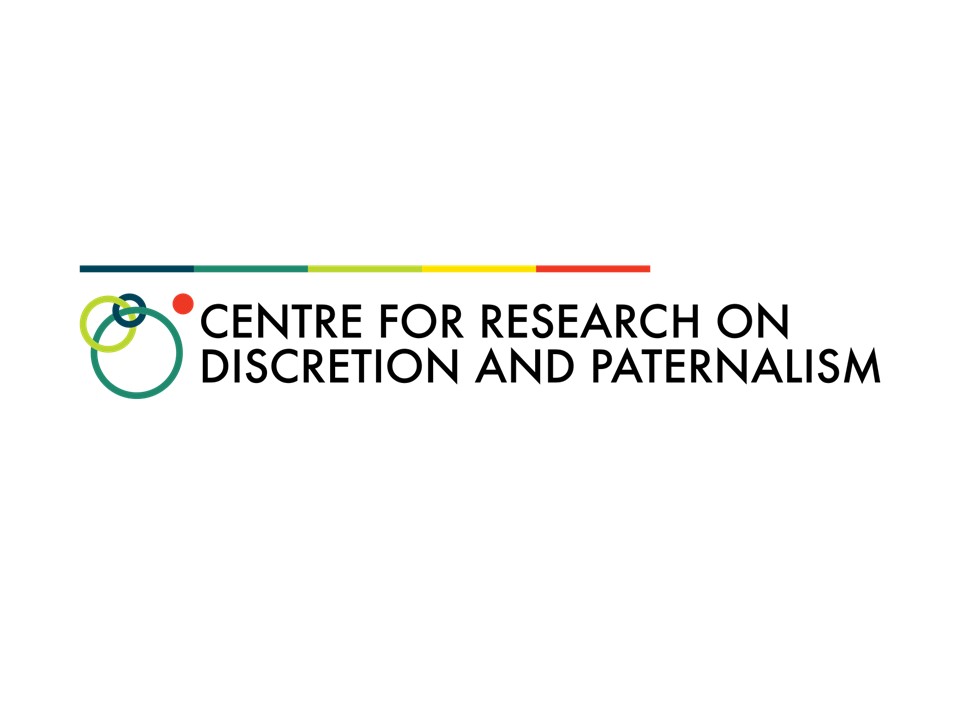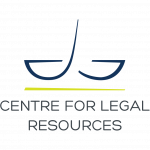In spite of more than three decades of efforts to promote women’s rights in Bangladesh, the results have been piecemal and only slowly forthcoming, leaving unanswered a number of questions about the interrelations over the last three decades between the legislature, the judiciary system and the civil society in enforcing and promoting gender justice and […]
The report review steps taken by the Musharraf government to combat honour killings through an examination of legal reforms in the years between 2003- 2006. The phenomenon of honour killings is analysed through the lens of legal pluralism where the negative synergies in the interplay between customary law (riwaj) and religious law (Sharia) has undermined […]
This research project (2002-5), was a collaboration with the Centre for Applied Legal Studies (Johannesburg) investigating the role played by courts in the linked processes of democratic consolidation and social transformation in South Africa. The ideological dominance of constitutional democracy, combined with extensive legal and judicial reforms, increased the potential contribution of courts to the processes […]
This book project investigates the extent to which courts in Latin America and Africa have been able to say ‘no’ when the executive branch has overstepped its democratic mandate. The issues were explored in collaboration with local researchers as well as leading US and UK scholars in the field. The findings are presented in a special […]
Timeframe: 01.07.2020 – 31.12.2023 Funding source: Norges forskningsråd Project owner: OsloMet, Faculty of Education and International Studies Project manager: Axel Borchgrevink Partner institutions: Norwegian University of Life Sciences (NMBU – Ås, Norway), Tata Institute of Social Sciences – Hyderabad Campus (Hyderabad, India), University of Canterbury (Christchurch, New Zealand), Universidad Autónoma Latinoamericana (Medellin, Colombia), University of Bergen (UiB – Bergen, […]
Project Team: Linda Gröning, Marit Skivenes, Ingun Fornes, Siri Gloppen Timeframe: 2025 – 2030 The PROTECT project will study how to protect children’s rights while maintaining public safety, particularly in cases involving violent youth crimes. In the Nordic countries, the growing numbers of youth crimes pose significant challenges for the child protection and criminal justice […]
Collaborators: Center for Legal Resources (Romania), Norwegian Centre for Human Rights (Norway), LawTransform (Norway) The project aims to research and compare legal and forensic practices in Romania and Norway to produce guidelines for Romanian authorities for developing cooperation between law enforcement and mental health systems. Context The Romanian government has pledged to remedy the issue of […]
Advisory board: Daniel Brinks, Aninka Claassens, Duncan Kennedy and Alf Gunvald Nilsen. The PluriLand project aims to develop a theory of land rights claiming in plural legal regimes through cross-regional investigation of conflicts over land affecting the land rights of vulnerable communities. Despite the protection of indigenous, traditional and/or communal land rights in many legal […]
Political, civil and social rights for citizens are prerequisites for a functioning democracy. Furthermore, legal developments in various areas of the welfare state have important implications for the construction of ‘social citizenship’, i.e. the institutional framework which ideally, should ensure citizens’ opportunities to participate in society as equal and free citizens. The focus of the research […]
The research project “Discretion and the child’s best interests in child protection” aims to unlock the black box of discretionary decision-making in child protection cases by a comparative-empirical study of how discretionary decisions are made and justified in the best interests of the child. There are huge research gaps in this important area of the […]



